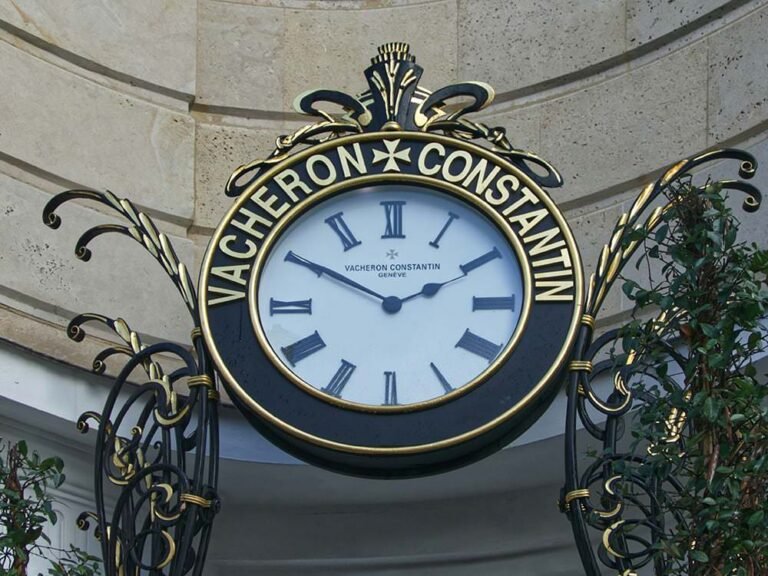pile
In French, the word “pile” can function either as an adverb or as a feminine noun. Each has its own meaning (or meanings) and usage. Both are pronounced like PEEL. 1. The Adverb “Pile” As an adverb, “pile” conveys precision and exactness, often used to denote specific moments in time or precise measurements. Usage Examples:…









